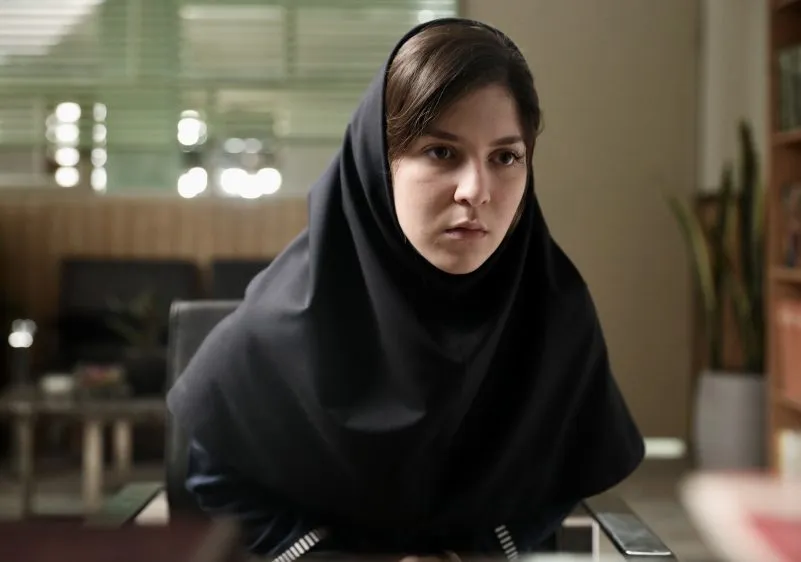Terrestrial Verses Movie Review- A Cinematic Rebellion Done With Simplicity
Keeping up with my annual tradition, I attended yet another edition of the IFFK held in Trivandrum this year. The 28th International Film Festival of Kerala (IFFK) which was conducted during the second week of December 2023, showcased a remarkable collection of cinematic gems, but one film that resonated with audiences and critics alike was the Persian masterpiece, Terrestrial Verses. It stands out as a testament to the power of simplicity in filmmaking, consisting of a mere 11 scenes, with 10 static shots featuring a sole protagonist in each frame.
Terrestrial Verses boldly asserts that the essence of cinema lies not in the extravagance of cameras or cutting-edge technology but in the strength of a well-structured foundation. Terrestrial Verses delivers a resounding message to the world: You don’t have to move mountains to make a difference. Every voice of dissent has the power to reshape our world.

Before getting into the details of the film, let me share something personal with you. This year, I found myself pondering over a nagging question: What is the real impact of cinema as an art form in our society?
Also Read: Mammootty and The Act of Striking The Right Balance
I couldn’t help but notice propaganda-laden films gaining immense traction, peddling narratives of hatred, while the masses seldom bothered to do a bit of fact-checking. On the flip side, Malayalam movies like The Great Indian Kitchen and Kaathal – The Core (Both directed by Jeo Baby) tackled crucial issues. Still, they seemed to spark discussions that led nowhere. This made me ponder how cinema truly functions within our society. In a world where non-conservative narratives often get sidelined, where does cinema’s power lie?
In a world where non-conservative narratives often get sidelined, where does cinema’s power lie?
Watching Terrestrial Verses rekindled my belief in the myriad possibilities of cinema. It reminded me that a film’s impact shouldn’t be measured solely by immediate change but by the chorus of voices it empowers.
The essence of Terrestrial Verses delves into the mundane and exposes the bizarre ways in which everyday life is trapped by patriarchal and religious laws in Iran. The film illustrates how even the tiniest details of existence, from naming a child to making a movie, are tightly controlled by the state. When the state’s rule is intertwined with religious morality, it adds another layer of absurdity to the mix. Terrestrial Verses pulls back the curtain on how religious laws can be a roadblock to human progress.
The static frames in the film serve as a haunting reminder that some things may remain unchanged at the individual level. Yet, as these individual stories accumulate, they culminate in a dynamic tableau where institutional walls crumble and fall.
The film’s satire is subtle, inviting laughter not because it’s funny, but because it highlights the sheer absurdity of the system. You chuckle at the hopelessness of it all, but beneath that laughter lies a glimmer of hope. The dynamic shot that closes the film leaves you with the belief that, in the end, humanity will prevail.
The movie concludes with rock music blaring through the theater speakers, which ironically goes against the rules of the country. This rebellious climax turns the film into a potent protest against the oppression suffered by the filmmakers (Ali Asgari, Alireza Khatami) themselves.
Terrestrial Verses is a cinematic tour de force that underscores the profound impact of cinema on society. It reminds us that change isn’t always immediate, but it’s the collective voices rising in unison that ultimately shape a better world.
The movie is currently streaming on MUBI








